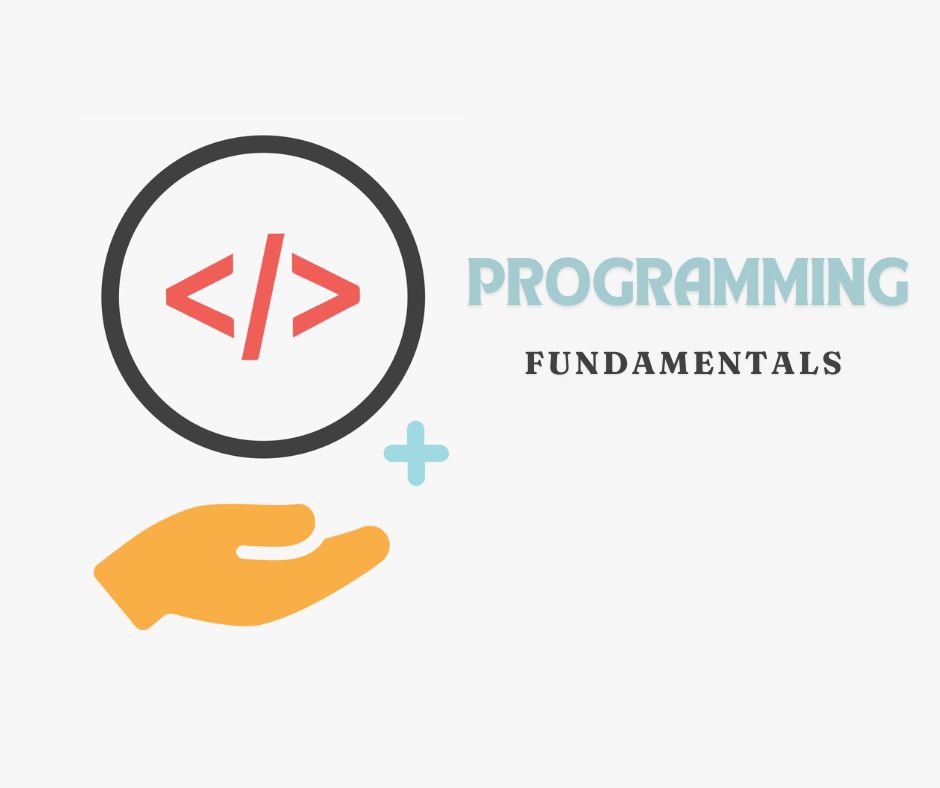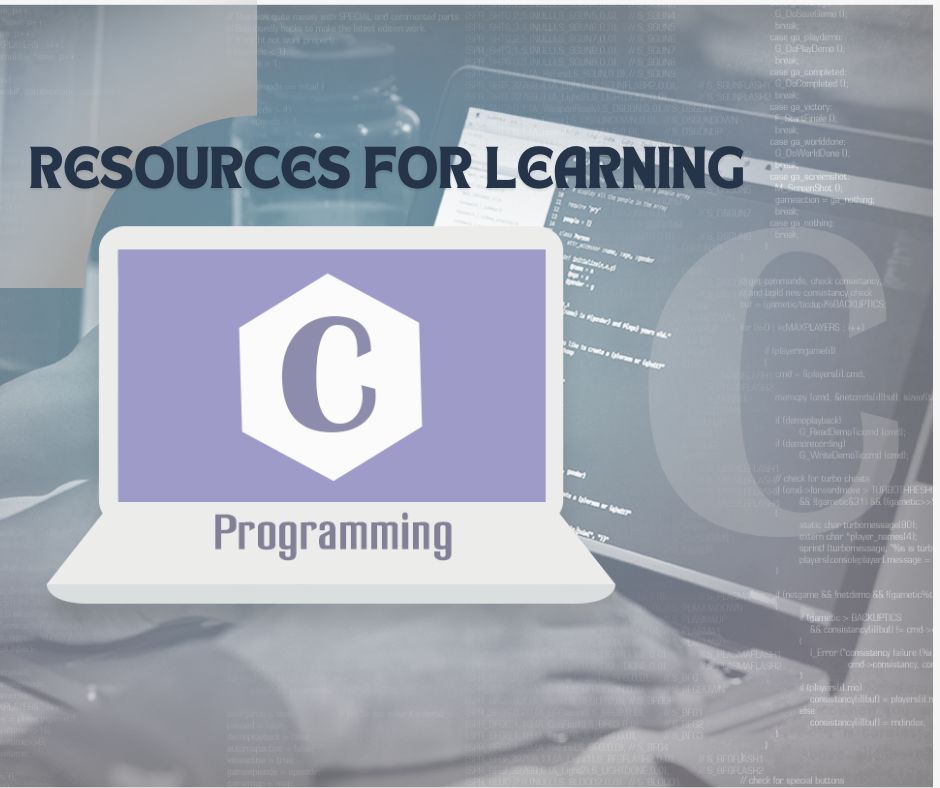Do you ever wonder why we are still continuing with C programming for MCA students? This is because C language offers a deep understanding of programming fundamentals. In this blog, we will explore the basics of C language, its importance in IT, and why mastering C programming is crucial for MCA students.
So, let’s begin.
Why is there C Programming for MCA students in the curriculum?

With programming languages like Python, Javascript, Swift, and Rust, many of our students wonder why we have included C programming in the MCA curriculum. It’s because this programming language plays a foundational role in computer science.
Developed in the 1970s, the C language is known for its efficiency and control over system resources. Mastering C language reinforces programming fundamentals, especially concepts like memory management and data structures.
Also, our professors agree that the basics of C language provide a robust framework for students that helps them understand more complex languages and concepts easily. Hence the importance of C in IT is still ongoing and we think you should pay attention to it.
Basics of C Language

C is a versatile language and learning its basics serves as a good start for aspiring IT professionals.
Overview of Basic Concepts and Syntax:
- Case-Sensitive: C language distinguishes between variable and VARIABLE.
- Main Function: Every program’s execution starts from main().
- Statements: In a C program, instructions end with a semicolon (;).
- Comments: Explanatory text is ignored by the compiler (// for single-line, /* … */ for multi-line).
- Data Types: int, float, char, etc., are used for storing different data.
Key Features and Structures:
- Functions: are reusable code blocks for specific tasks.
- Variables: are named memory locations storing data.
- Operators: perform arithmetic, logical, and relational operations.
- Conditional Statements: are control flow based on conditions (if, else, switch).
- Loops: are repeated execution of code (for, while, do-while).
- Arrays: hold multiple values of the same type.
Here are some examples of C Programs (simple to advanced)
- Hello, World! is the most basic C programming MCA students will ever come across.
- Calculator is an intermediate-level program that implements basic arithmetic operations using functions and user input.
- File Handling is more advanced as it reads/writes data from/to files, which is crucial for data persistence.
- Linked Lists are also advanced as they are dynamic data structures for efficient memory management.
- Operating Systems require C experts to handle. C is extensively used in developing operating systems like Linux and Windows.
You can realise the importance of C in IT when you know that C language is extensively used in:
- System Programming: Serves as a foundation for operating systems, device drivers, etc.
- Embedded Systems: C’s efficiency suits resource-constrained devices.
- Game Development: Performance-critical components are often written in C.
- Network Programming: C handles low-level networking tasks.
We advise our MCA students to master the basics of C language as it is a powerful tool in itself. Besides, it helps clear your programming fundamentals and how they can be applied to a wide array of IT applications.
Programming Fundamentals and C

As we have mentioned earlier, C programming for MCA students is crucial as it lays the groundwork for core programming concepts. With its straightforward syntax and procedural approach, C language helps students grasp essential programming fundamentals, such as loops, conditionals, and functions, providing a solid foundation for learning more complex languages.
Importance of Pointers, Memory Management, and Data Structures
The use of pointers in C allows direct manipulation of memory and is critical for efficient memory management. Also, the implementation of data structures (like arrays, linked lists, and trees) offers a deep insight into organising and managing data efficiently.
Comparing C with Other Programming Languages
| Feature | C Language | Java | Python |
| Syntax | Simple, low-level | Verbose, object-oriented | High-level, concise |
| Memory Management | Manual (pointers) | Automatic (Garbage Collection) | Automatic (Garbage Collection) |
| Performance | High (close to hardware) | Moderate | Moderate |
| Learning Curve | Steep (requires understanding of low-level concepts) | Moderate (object-oriented) | Easy (high-level abstraction) |
| Use Case | System programming, embedded systems | Enterprise applications | Web development, scripting |
When we compare C with other popular programming languages (such as Java and Python), we find that C has simple, low-level syntax and manual memory management through pointers. Thus, it has a high performance level but it also has a steep learning curve.
Java and Python, on the other hand, have automatic memory management and higher-level abstractions. They are easier to learn but offer moderate performance. That’s why, C is still used for system programming while Java and Python are more suited for enterprise applications and web development, respectively.
Resources and Tools for Learning C Programming

Here are some of the resources we highly recommend:
Recommended Books
- “The C Programming Language” by Kernighan and Ritchie: A classic book for understanding the basics of C language.
- “C Programming: A Modern Approach” by K.N. King: Comprehensive guide covering all fundamentals.
Online Courses and Tutorials
- Coursera: “C for Everyone: Programming Fundamentals” by University of California, Santa Cruz.
- edX: “Introduction to C Programming” by Dartmouth College.
- Tutorialspoint: Extensive tutorials covering the basics of C language.
Practice Platforms and Coding Challenges
- HackerRank: Offers various C programming challenges.
- LeetCode: Features problems that enhance programming fundamentals.
- CodeChef: Provides contests and practice problems in C.
Tips for Effective Learning
- Regular Practice: Consistently solve problems to strengthen your understanding.
- Hands-on Projects: Implement small projects to apply C programming for MCA students.
- Peer Learning: Study in groups to exchange knowledge and solve doubts.
- Seek Feedback: Regularly review your code and seek feedback from mentors.
By utilising these resources and tools, MCA students from SMS Varanasi can master the basics of C language and build a strong foundation in programming fundamentals, essential for IT success.
Conclusion
Mastering C programming for MCA students is essential for understanding programming fundamentals. The C language provides a robust foundation, crucial for IT success. Embrace the basics of C language, utilise recommended resources, and continuously practice to excel in your IT career.

